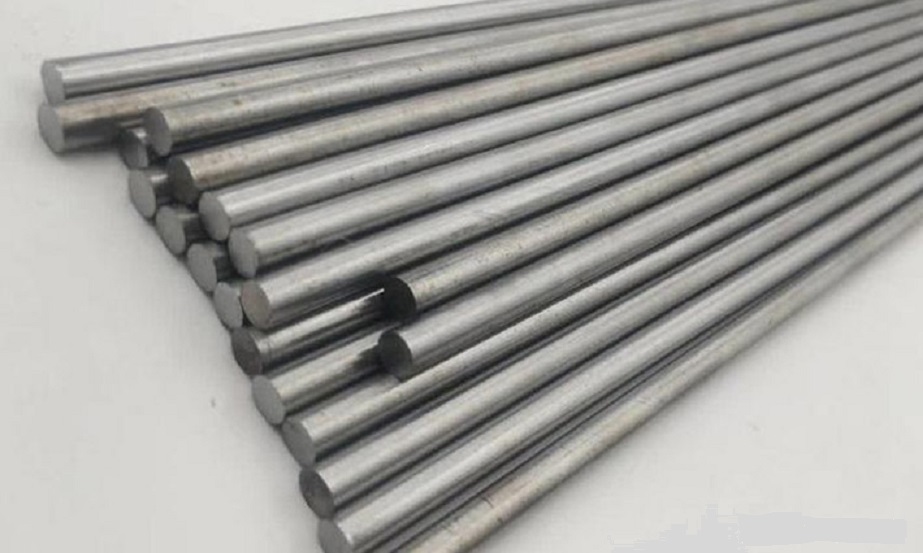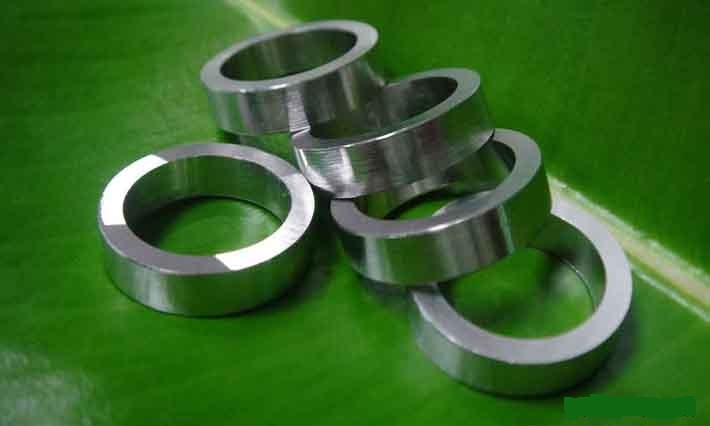Strengthening Mechanism of TZC Alloy

Strengthening Mechanism of TZC Alloy
TZC alloy, namely molybdenum-titanium-zirconium-carbon alloy, is an aluminum alloy composed of a high content of titanium, zirconium, carbon, and molybdenum, and its general composition is Mo-1.25Ti-0.15Zr-0.15C. Compared with TZM alloy, TZC alloy has better high-temperature resistance and greater strength and can be used as a mold for high-temperature heat processing of metals. In this article, let's take a look at the strengthening mechanism of TZC alloy.

Strengthening Mechanism of TZC Alloy
Strengthening mechanism of molybdenum titanium zirconium carbon alloy:
Due to the high content of titanium, zirconium, and carbon in TZC alloy, a certain amount of Mo2C, TiC, and ZrC phases will be formed, and they have different stable temperature ranges, so the alloy can be heat treated to obtain the age-hardening effect.
At high temperatures, TiC will first dissolve, then ZrC and Mo2C will dissolve one after another, and then a large amount of TiC will precipitate during the aging process, which plays a role in precipitation strengthening. Since the zirconium element has a solid solution-strengthening effect on the matrix and will increase the stability of TiC, the hardness of the alloy at room temperature will increase after annealing at 1927°C.
The production method of TZC alloy is the same as that of TZM alloy, that is, the ingot is made by melting and casting method or powder metallurgy method, and then the required product is obtained by deformation methods such as extrusion, forging, and rolling.
In actual production, physical crushing technology can be used to mechanize the reduced molybdenum powder to improve the bonding state of the molybdenum powder and the pressing performance of the molybdenum powder, thereby increasing the density of the TZC molybdenum anvil.
Conclusion
Thank you for reading our article and we hope it can help you have a better understanding of the strengthening mechanism of TZC alloy. If you want to learn more about molybdenum, titanium, and zirconium, we would like to advise you to visit Advanced Refractory Metals (ARM) for more information.
Headquartered in Lake Forest, California, USA, Advanced Refractory Metals (ARM) is a leading manufacturer & supplier of refractory metals & alloys across the world. It provides customers with high-quality refractory metals & alloys such as niobium, molybdenum, tantalum, rhenium, tungsten, titanium, and zirconium at a very competitive price.
{{item.content}}
LEVE A REPLY
{{item.children[0].content}}
{{item.content}}






